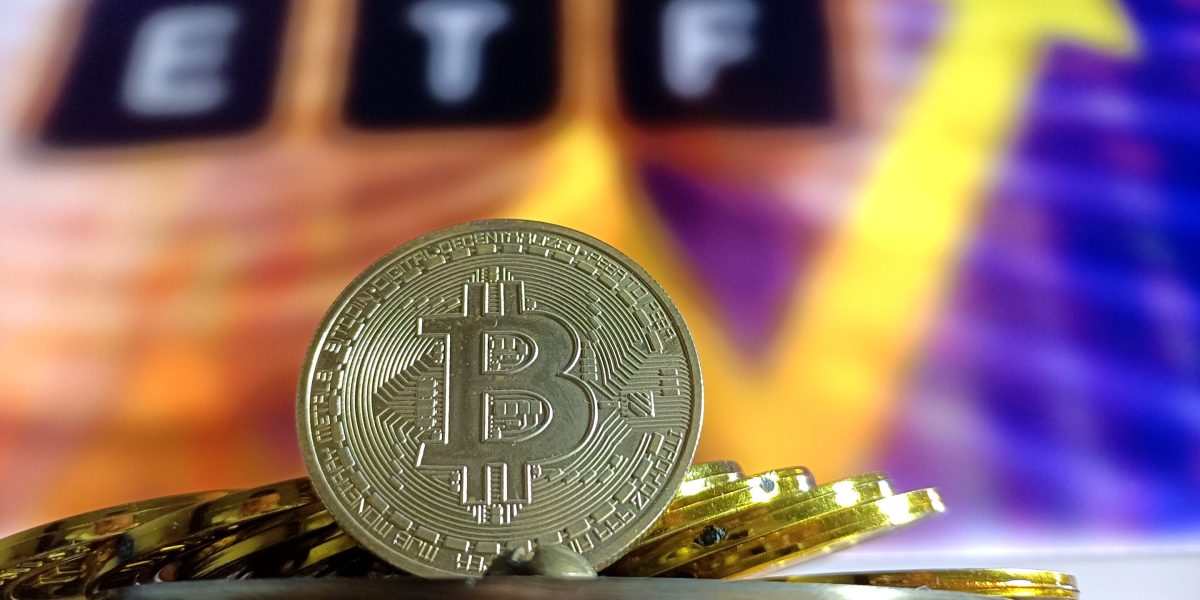The probe into the JPEX crypto exchange scandal continues to unfold as Taiwanese prosecutors have identified new alleged suspects in the case.
The Investigation Bureau in Taiwan has referred Nine Chen, a well-known Taiwanese singer, to the prosecutors’ office in Taipei on suspicion of aggravated fraud and banking law violations. This follows allegations of his involvement in a fraud scheme connected to Hong Kong’s JPEX exchange, as reported by local media.
Authorities discovered that Chen, who reportedly received 320,000 USDT to serve as JPEX’s brand ambassador last year, is suspected of participating in fraudulent activities related to JPEX in Taiwan. This was reported by United Daily News on Wednesday. Prosecutors have not yet pressed charges against Chen.
The investigation into Chen began after Hong Kong authorities dismantled JPEX’s local operations last year, leading to the arrest of numerous suspects in a HK$1.6 billion ($204.9 million) fraud case. The scheme also impacted many investors in Taiwan.
In October, prosecutors summoned Chen as a witness but subsequently reclassified him as a defendant. Chen told local media that his investments through JPEX exceeded his endorsement earnings and that his assets had depreciated by about 15%.
During their investigation, Taipei prosecutors conducted searches at nine locations related to JPEX. They also summoned Chang and three other individuals as alleged suspects. Chang and JPEX lecturer Shih Yu-sheng, also known as Shi Yu, have been identified as suspects in the case for violating the Banking Act and the Money Laundering Control Act.
The other defendants, including JPEX salespersons Liu Chien-fu and Niu Keng-sheng, were released. According to the report, Liu was released on bail of 50,000 new Taiwan dollars ($1,550), while Niu, a registered individual responsible for JPEX Taiwan, was released after questioning.
Meanwhile, the authorities in Hong Kong are actively pursuing other fugitives in connection with the case. The arrested individuals were accused of employing deceptive advertising and illegal methods to entice victims into opening accounts and investing on the platform. Interestingly, one suspect was reportedly caught attempting to destroy documents using paper shredders and bleach in an apartment bathtub to conceal evidence in this complex investigation.
In September, the city’s Securities and Futures Commission (SFC) surprisingly named JPEX in a public advisory, accusing it of suspicious practices and misleading promotions. This led to a series of arrests, including prominent influencers associated with the platform. Subsequently, over-the-counter exchanges linked to JPEX were raided, and the company’s website was blocked in Hong Kong.
While JPEX claims it applied for a license to operate as a regulated platform, the SFC, for its part, refuted the news ad said it has been probing the platform on suspicion of fraud since 2022. In response to critics, the regulator will publish lists of licensed virtual assets trading platforms (VATPs), those in the application process, as well as those that are no longer operational. Additionally, the regulator will maintain a list of “suspicious VATPs” on its website.
Credit: Source link















































